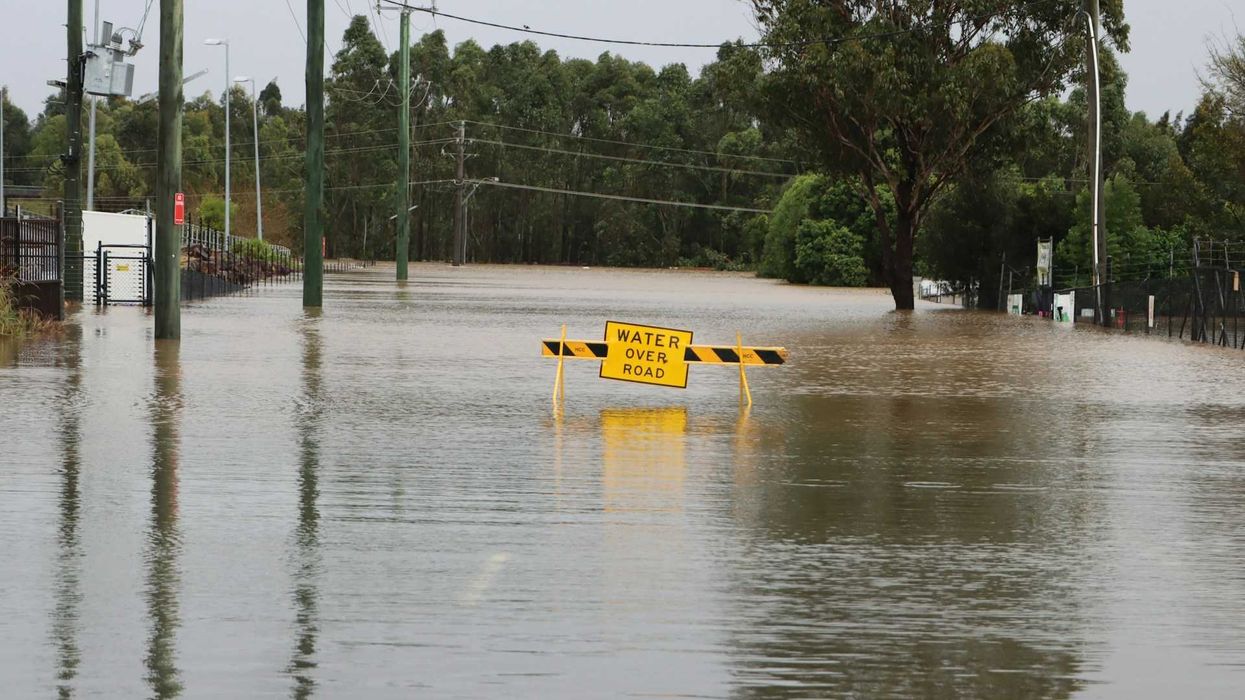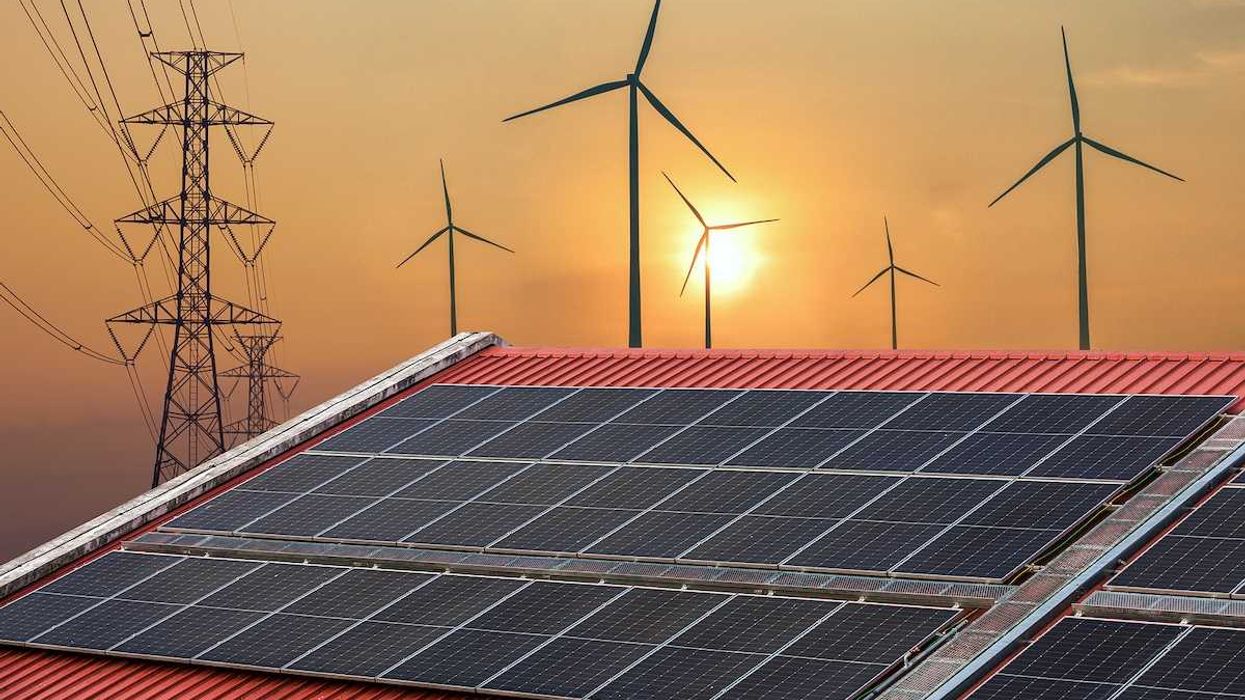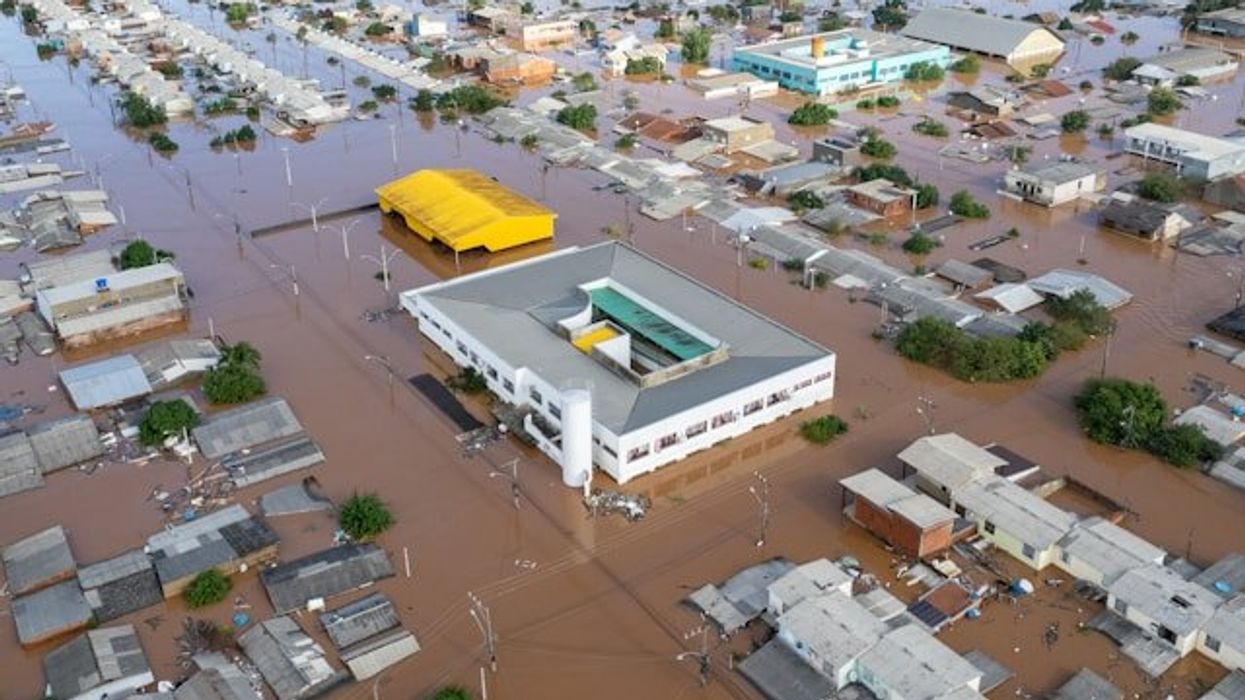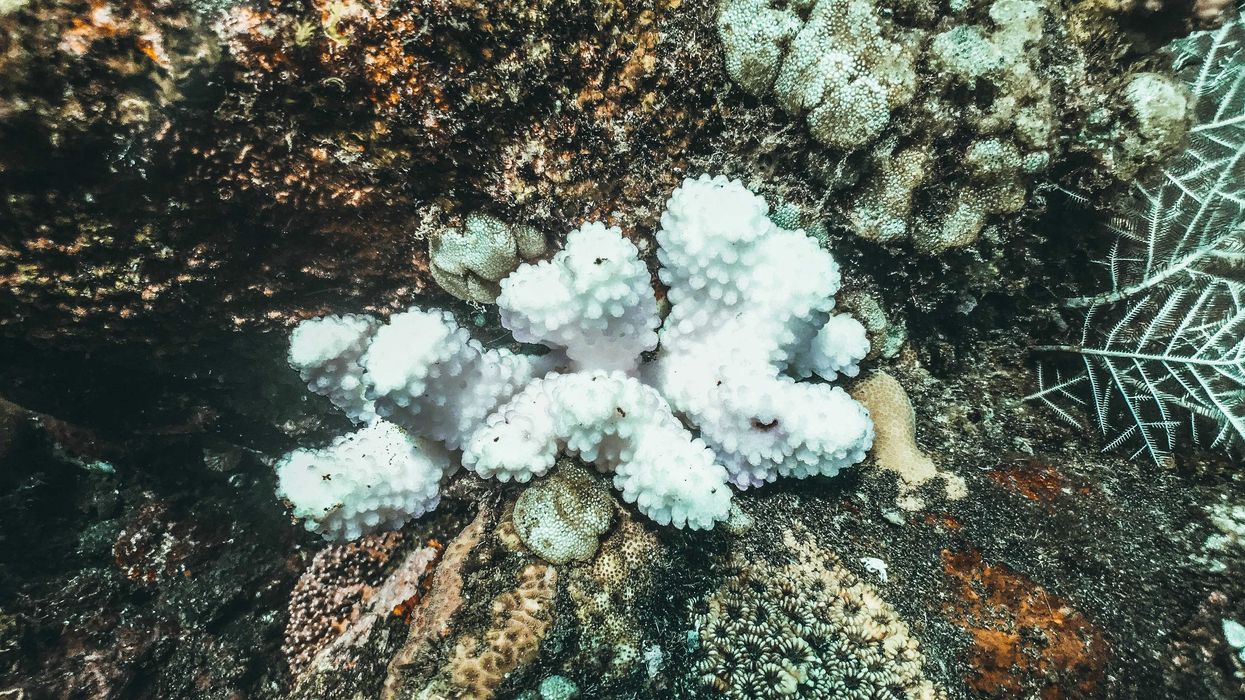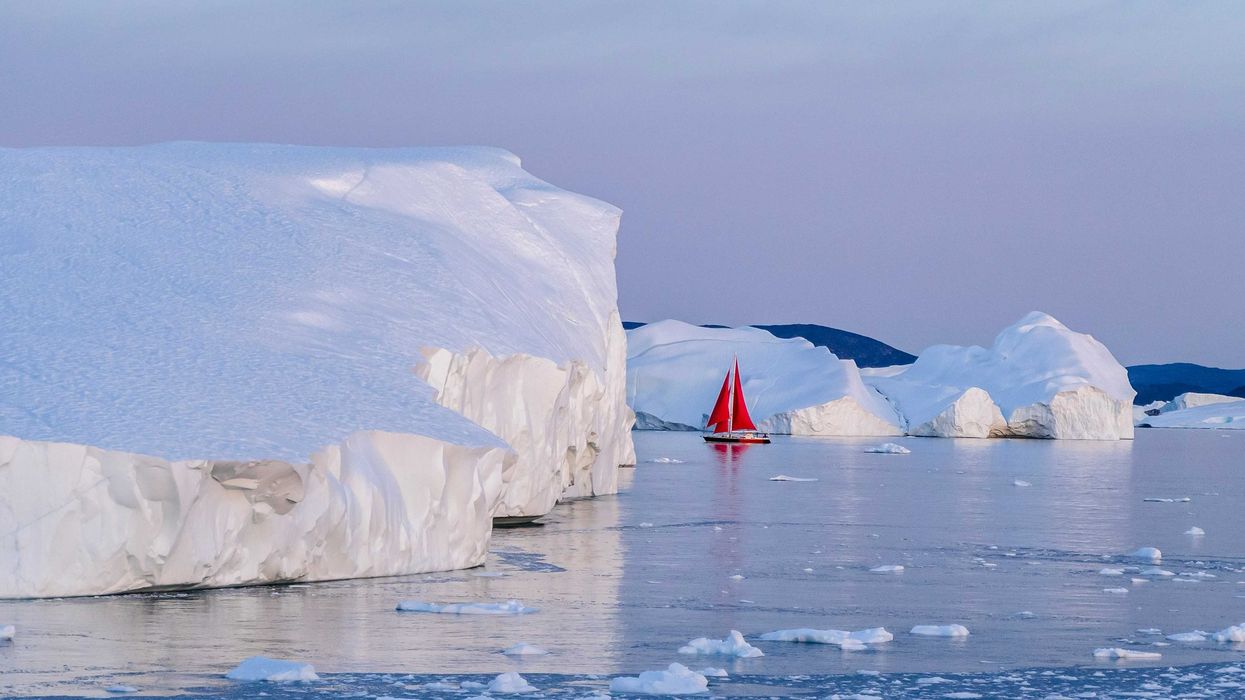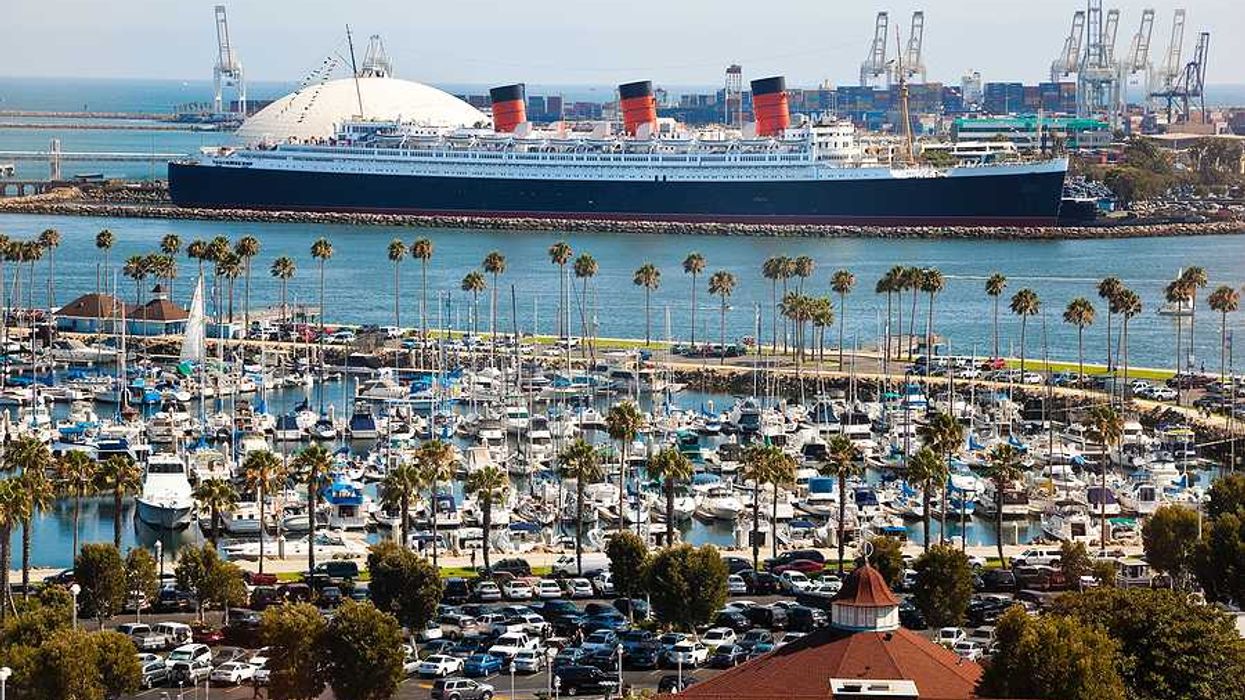Jimmy Carter, who died last month at 100, promoted renewable energy and conservation long before climate change was a mainstream issue, emphasizing U.S. energy independence and the dangers of carbon emissions.
Bill Barrow reports for The Associated Press.
In short:
- President Carter created the U.S. Department of Energy, set efficiency standards and pushed for renewable energy amid 1970s fuel shortages.
- Despite calling for fossil fuel reductions, his term saw coal and natural gas expansion, with some policies inadvertently supporting fracking.
- Carter’s faith and rural upbringing shaped his conservation ethic, leading to the protection of over 150 million acres of wilderness.
Key quote:
“If he had been reelected, it’s fair to say that we would have been beginning to address climate change in the early 1980s. When you think about that, it adds a kind of a tragic dimension, almost, to his political defeat.”
— Jonathan Alter, Jimmy Carter biographer
Why this matters:
President Carter’s climate foresight highlights how early U.S. policy could have mitigated today’s global warming crisis. His renewable energy push, though cut short, laid the groundwork for modern environmental efforts amid ongoing political battles over climate action.


